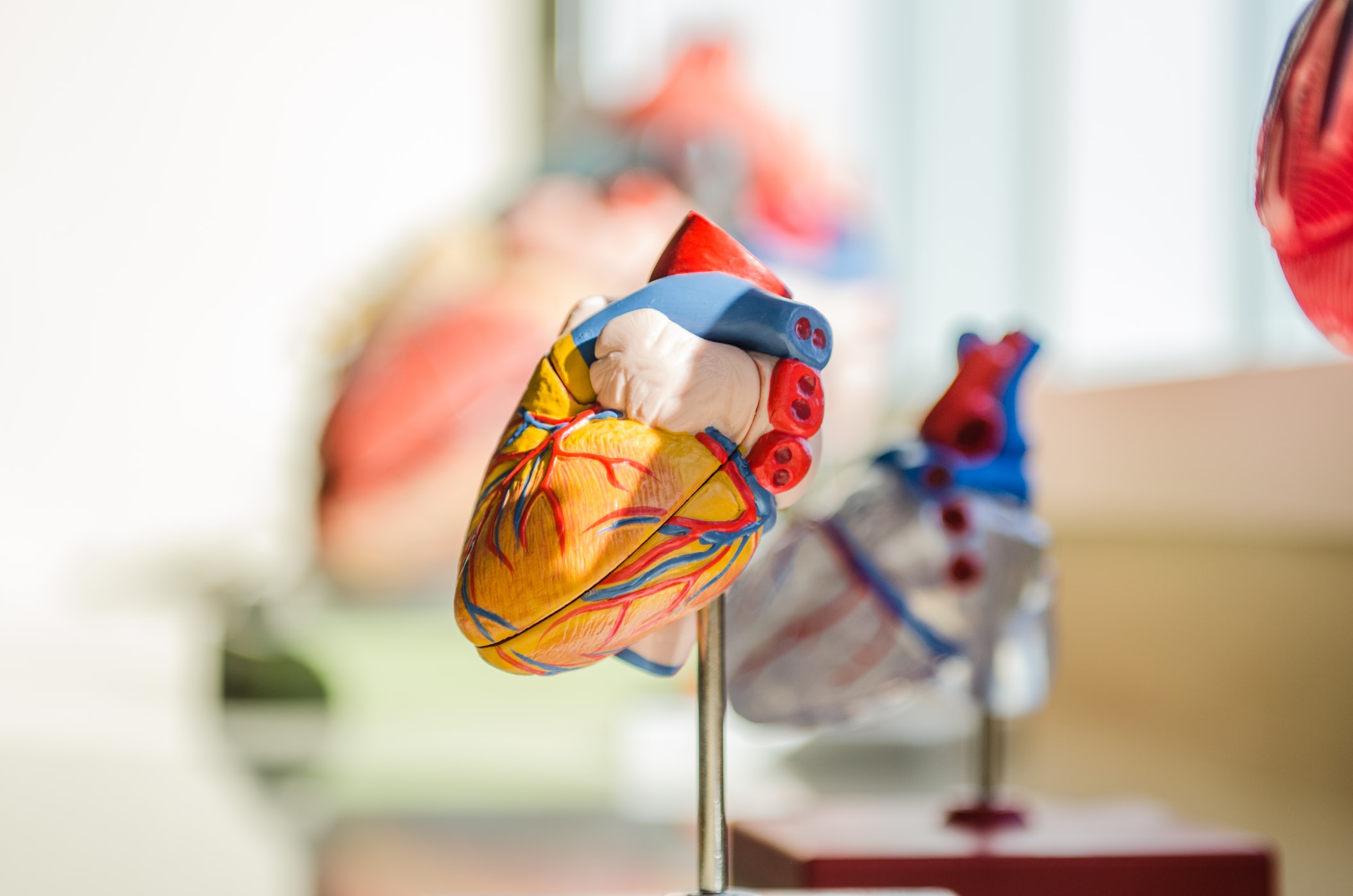What is cardiovascular health? This is a blanket term for the overall health of the heart and circulatory system. With our busy modern lifestyles, it’s all too easy to neglect your cardiovascular health. Even if you’re a health-conscious person in other ways, your cardiovascular health can sometimes take second place to other concerns. Yet the health of your cardiovascular system is paramount in determining both your longevity and quality of life. In many developed countries, including the US, cardiovascular diseases are the biggest killers by far. Luckily, there are simple steps you can take right now to support your heart and circulatory system. Read on for tips on how to increase cardiovascular health.
1: Give up smoking
If you’re a smoker, the single best thing you can do for your cardiovascular health is to stop as soon as you can. Giving up smoking isn’t easy, but you will feel so much better. Tobacco has multiple damaging effects on your heart and circulatory system, including increased blood pressure and damage to your blood vessels. The good news is that your body will begin healing itself as soon as you quit, with your blood pressure returning to normal in as little as 20 minutes after your last cigarette. Lung function recovers in around three months, and after a year, your heart may well be as healthy as a non-smoker’s.
2: Get active
When it comes to cardiovascular health, exercise is crucial. You don’t have to become a gym fanatic to enjoy the benefits of a healthy cardiovascular system. Just make sure you take regular exercise — enough to get a little out of breath. Exercise and cardiovascular health are inextricably linked; the AHA (American Heart Association) recommends around 150 minutes of moderate exercise per week. That’s a half-hour walk or other moderate activity five days per week. If walking doesn’t appeal to you, how about swimming, cycling or dancing? Your heart will thank you. You’ll also be fitter, stronger, and healthier overall.
3: Improve your diet
A healthy diet doesn’t have to be time-consuming or bland. There are plenty of tasty, natural foods that will support your heart health. Rather than trying to make drastic changes which may be hard to sustain in the long term, add a few heart-healthy foods to your daily intake and cut down a little on less healthy options. Processed carbohydrates and hydrogenated fats can impact your cardiovascular health, so look for ways you can reduce these. Instead, choose foods with healthier fats. Examples include oily fish, nuts, flaxseed, olives, and avocados. Make sure your diet is balanced and contains lots of fresh fruit and vegetables.
4: Get your cholesterol checked
Monitoring your cholesterol and triglycerides can provide you with useful insight into the health of your cardiovascular system. You should ask your doctor to perform a test called a fasting lipoprotein profile. This test, usually performed every four to six years, looks at your levels of both good and bad cholesterol (HDL and LDL, respectively). If your LDL cholesterol is high or your HDL cholesterol is low, you may be at risk of developing problems with your heart and circulatory system. In combination with a high triglyceride level, this kind of profile is associated with arteriosclerosis. Improving your cholesterol can improve cardiovascular health.
5: Monitor your blood pressure
Blood pressure that’s too high (or more rarely too low) is associated with heart and circulatory issues. You probably won’t experience any symptoms of high blood pressure. This is why it’s essential to have your blood pressure checked every two years — more if recommended by your doctor. If you’re concerned about your heart or circulation, make sure you discuss your concerns with your doctor. It may be that your concerns are unfounded, but you still deserve the reassurance that can be provided by a checkup. Even those with no signs of illness may benefit from advice on how to improve cardiovascular health from a medical professional. If you are developing issues with your cardiovascular health, it’s best to catch them early on. Your doctor will be able to help you with lifestyle changes and medical interventions, if necessary.
Tap for recommended posts on the tags you don’t follow






